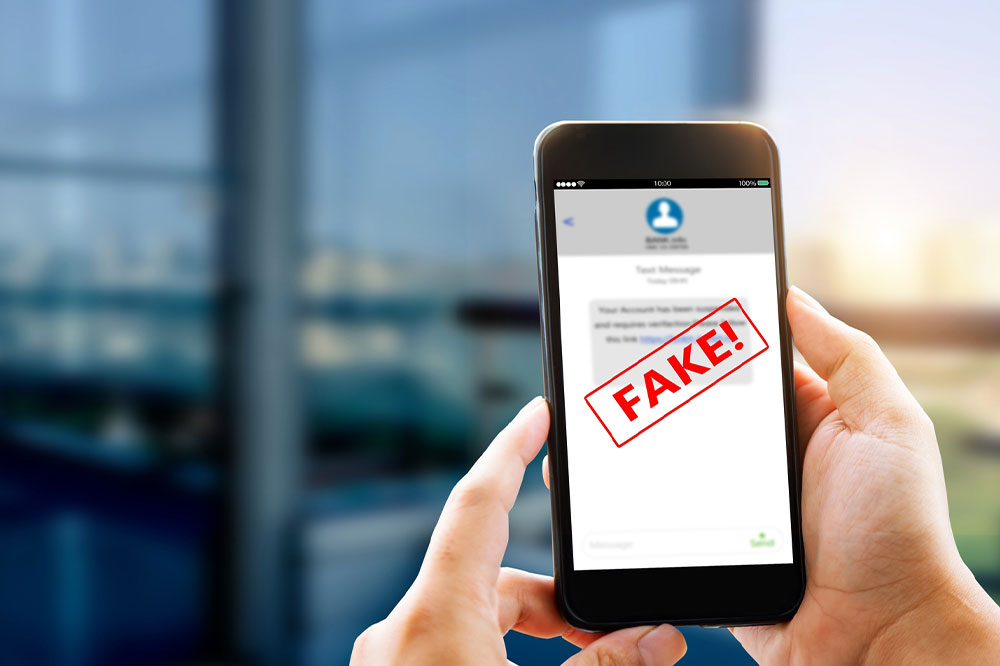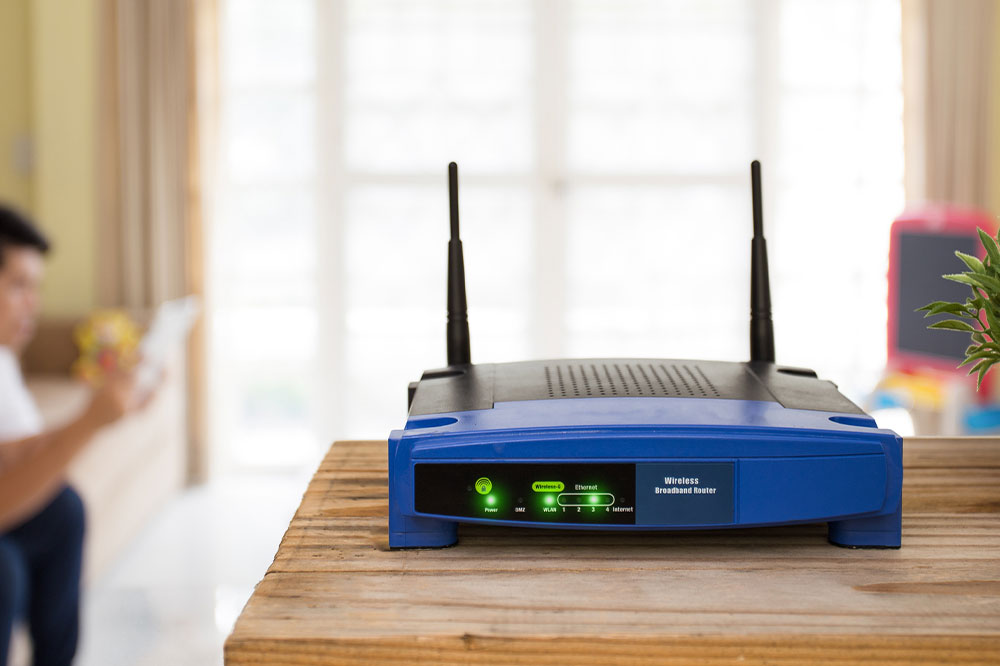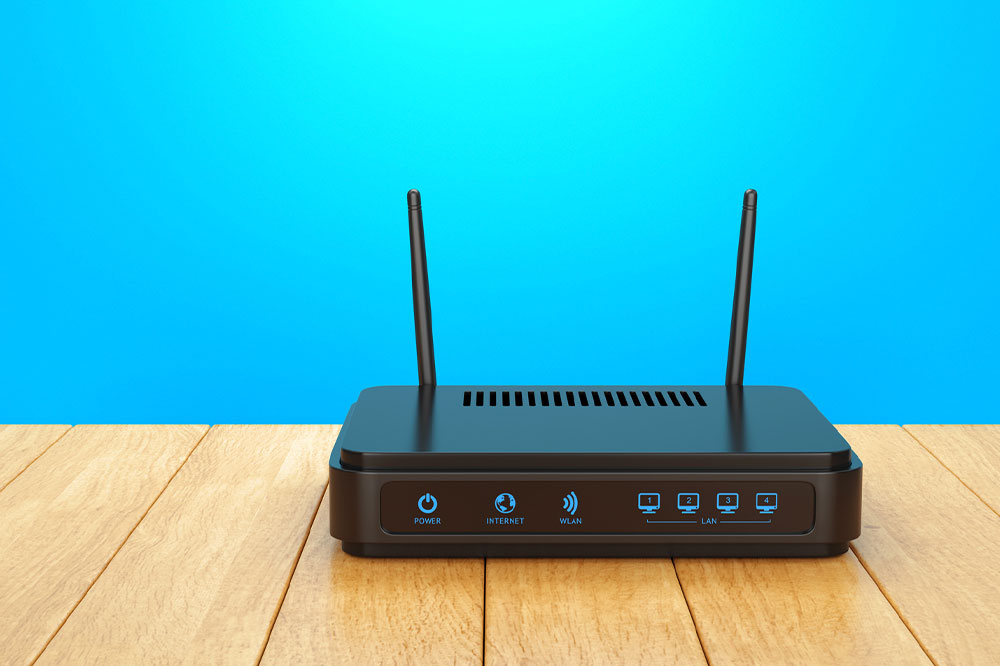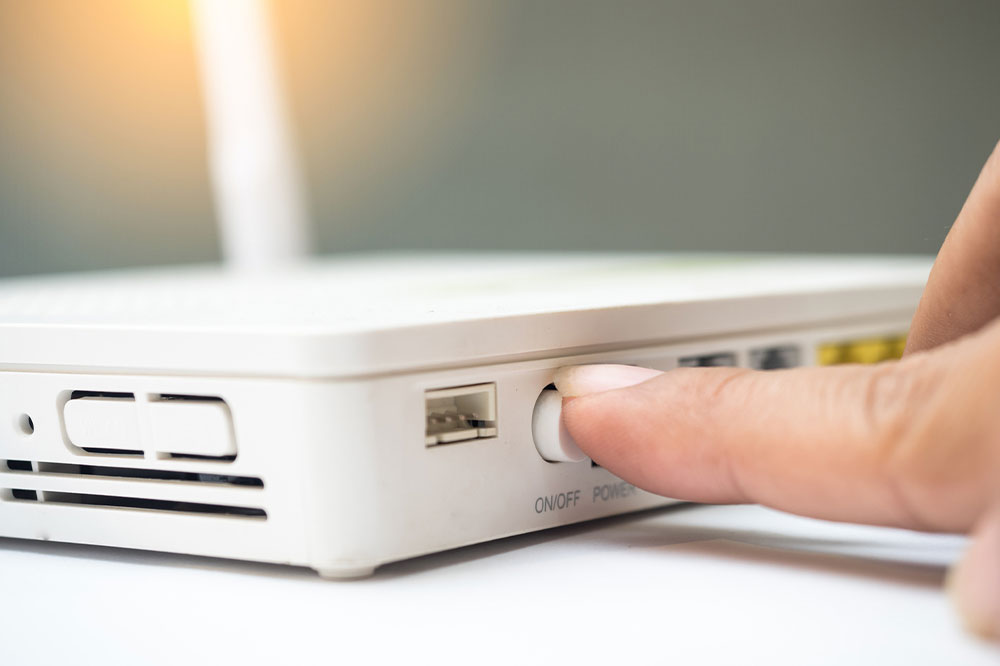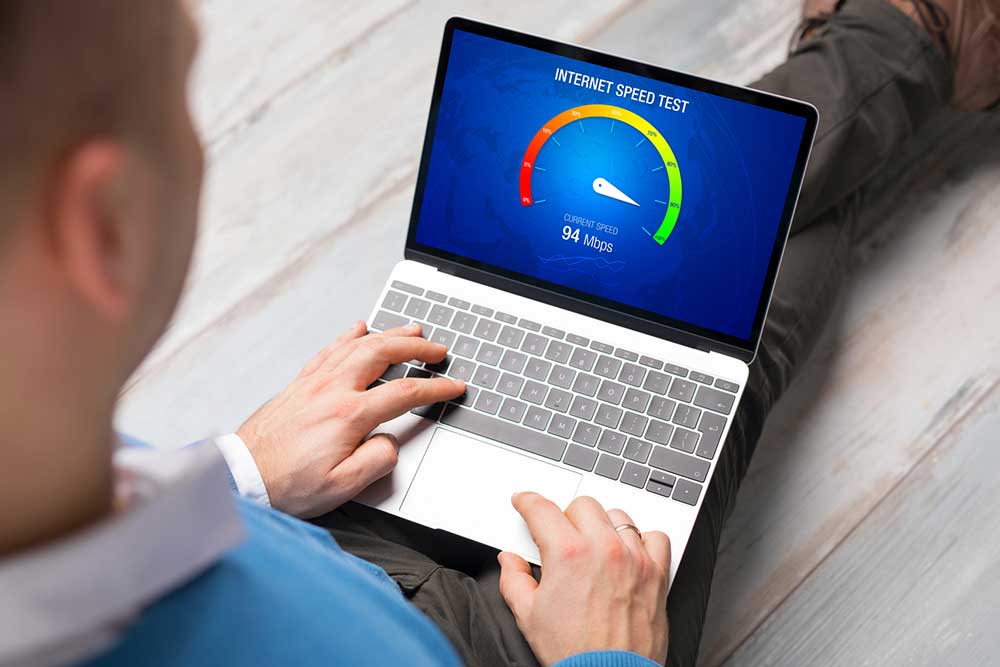
6 Easy Ways to Limit Data Usage and Avoid Overage Charges
Phone bills could come with additional charges one did not expect, especially if the mobile data usage exceeds the plan limits. Also known as overage charges, they are usually brought on by unmonitored data usage or a plan that offers inadequate monthly data allowance. So, one can limit additional charges by making a few changes to their internet usage habits. To help one get started, here are a few ways to avoid data overage charges: 1. Monitor data usage Smartphones come with a built-in data monitor to track daily and monthly internet usage. Not only can users track how much internet they use on their phones or other devices, they can also check which applications take up the most data to function. Based on this data, users can be conscious about which applications should be run on home Wi-Fi and not on data. Further, tracking data usage helps users determine if their monthly plan can adequately meet their internet needs. 2. Manage phone applications Certain apps constantly update or refresh themselves. So, while multitasking on a smartphone using mobile data, one may end up using more data than one expects. It is important to review app permissions and settings to disable all unnecessary actions that consume excessive data.
Read More 

